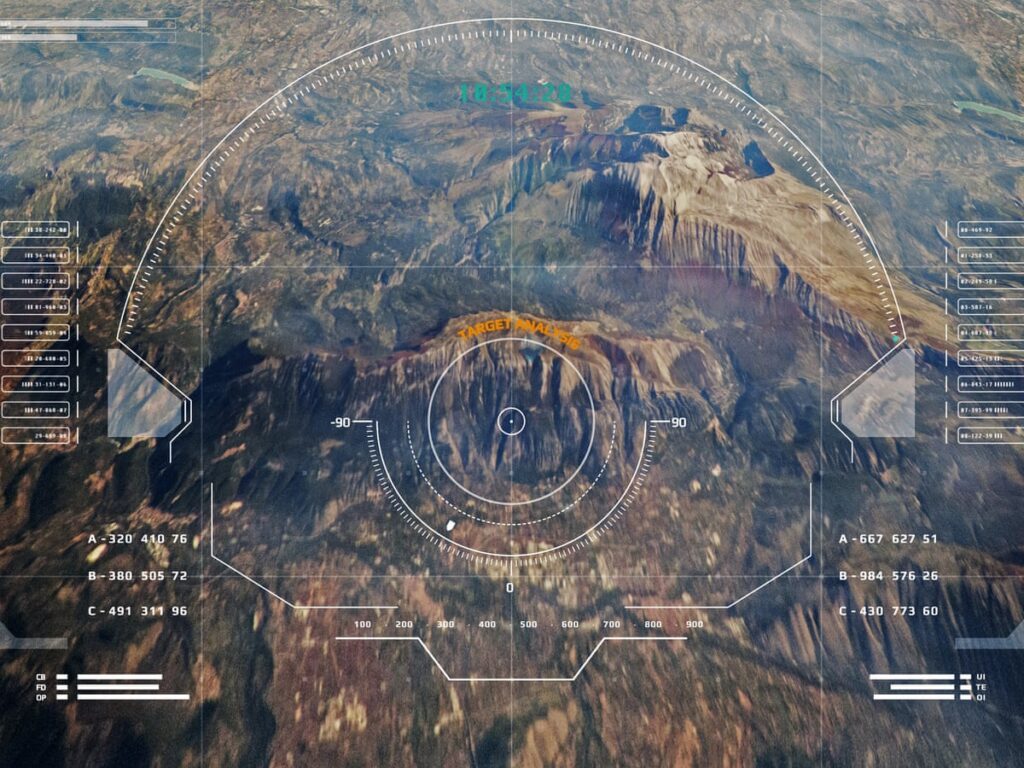This content explores the ethical dimensions of modern warfare, with a focus on drone strikes and cyber attacks. It discusses the precision of drone strikes versus the collateral damage they may cause, as well as the potential desensitization of drone pilots. It also highlights the ethical concerns surrounding cyber attacks, such as anonymity and the potential for unintended harm. The role of international law and regulation in addressing these ethical challenges is examined, with a focus on humanitarian principles. The conclusion emphasizes the importance of balance between military objectives and ethical boundaries, as well as the need for international cooperation and ongoing dialogue.
From Drone Strikes to Cyber Attacks: Ethical Dimensions of Modern Warfare
Introduction
As technology continues to advance at an unprecedented pace, so does its application in warfare. In recent years, we have witnessed the rise of new tools and tactics such as drone strikes and cyber attacks, both of which have created ethical dilemmas for governments, military personnel, and global society as a whole. This article will explore the ethical dimensions of modern warfare, focusing on the controversial aspects of drone strikes and cyber attacks.
Drone Strikes: Precision vs. Collateral Damage
Drone strikes have rapidly become a key component of modern warfare. These unmanned aerial vehicles (UAVs) allow military forces to remotely target and eliminate enemy combatants with high precision. However, the use of drones has also raised concerns regarding the potential for civilian casualties, often referred to as collateral damage. Critics argue that the unintentional killing of innocent civilians undermines the moral justification for drone strikes. The question arises: can precision targeting ever truly eliminate the risk of civilian casualties?
Furthermore, some argue that the physical distance between the operator and the target in drone warfare may desensitize drone pilots to the human consequences of their actions. Unlike traditional warfare, where soldiers face the immediate consequences of their actions on the battlefield, drone pilots can be thousands of miles away from the target. This separation raises questions about the psychological impact on operators and the potential for ethical detachment.
Cyber Attacks: Ethical Boundaries in the Digital Battlefield
With the rise of cyberspace as a new domain of warfare, governments and military organizations have increasingly turned to cyber attacks as a means of gaining tactical advantages and disrupting enemy operations. However, the use of cyber attacks raises numerous ethical concerns. Firstly, unlike physical warfare, cyber attacks can be launched remotely and anonymously. This anonymity complicates the attribution of attacks, making it difficult to hold perpetrators accountable for their actions.
Another ethical dimension of cyber warfare lies in the potential for collateral damage. While physical warfare often involves visible destruction, cyber attacks can have wide-ranging and unpredictable consequences. An attack on a military network, for example, could inadvertently affect critical civilian infrastructure, such as hospitals or power grids. Governments and military organizations must carefully consider the potential for unintended harm when launching cyber attacks.
The Role of International Law and Regulation
Given the ethical complexities surrounding modern warfare, international law and regulation play a crucial role in defining boundaries and establishing norms for acceptable behavior. The principles of humanitarian law, including the distinction between combatants and civilians, are particularly relevant in addressing the ethical challenges posed by drone strikes and cyber attacks.
Several international organizations, such as the United Nations and the International Committee of the Red Cross, have extensively discussed the ethical implications of modern warfare. The aim is to strike a balance between achieving military objectives and minimizing harm to civilians. However, the rapid pace of technological development often outpaces the ability of international law to respond effectively.
Conclusion
The ethical dimensions of modern warfare, particularly in relation to drone strikes and cyber attacks, are complex and continually evolving. As technology advances, careful consideration of the moral and legal implications becomes essential. Striking a balance between military objectives and ethical boundaries is crucial to ensure that modern warfare respects the principles of humanity and minimizes civilian harm. International cooperation and ongoing dialogue among various stakeholders are vital to navigating these ethical challenges and preventing the misuse of advanced technologies in conflict.
